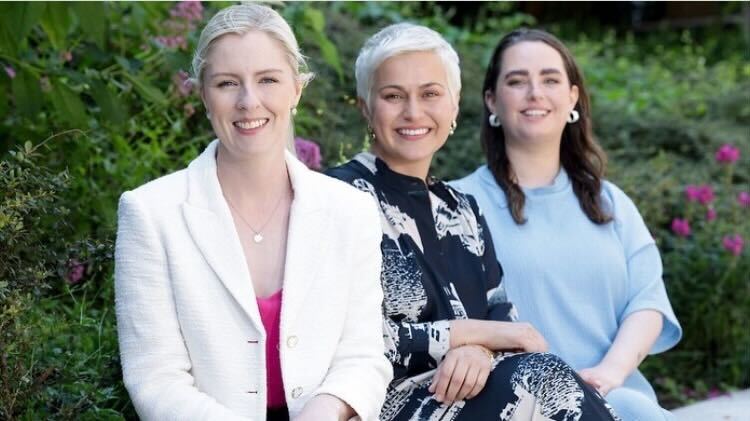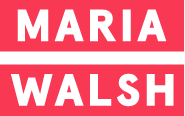Speaking at this afternoon’s ‘Different Perspectives’ event organized by Ibec, MEP Walsh said gender quotas should be extended to local elections

It is crucial that women are placed as candidates in winnable seats, and with adequate time and resources to plan and run successful election campaigns. That was the message delivered by MEP Maria Walsh this afternoon, when she addressed representatives from across the Irish business community at Ibec’s In Conversation event in Dublin. The Midlands-North-West MEP told the audience that gender-based abuse and harassment is an increasing barrier to women’s political participation, and must be tackled. “This is a very real issue that needs to be addressed. Women, in all our diversity, must be represented at all levels of decision making. There is strength in diversity – our policies and our country suffer when we don’t have balance in politics,” she said.
MEP Walsh, who has personal experience of being targeted by online abuse and harassment, was among a small number of influential female politicians who were invited to speak at today’s Ibec event, entitled ‘Different Perspectives’. It focused on the importance of influencing a healthy democracy and a strong economy – a subject Walsh has spoken passionately about over the last number of years. Recently, she has begun hosting a series of roadshow events, entitled ‘Promoting Political Participation – The Power of You in Politics’, organised to encourage more women to get involved, and to have their voices heard on the local, national and international stages.
Speaking at this afternoon’s event, MEP Walsh described gender equality as “both a moral and economic imperative”, and she stressed that closing the gender gap must be a central part of any strategy to create more sustainable and inclusive economies and societies. Continuing, she raised the issue of gender quotas in politics, and opined that they should be extended from National Elections to the 2024 Local Government Elections, to ensure Ireland is in line with other European countries.
“Following the 2020 election, Ireland was ranked 101st in the world for female representation. Only 25.5% of County Councilors across Ireland are women, and only 22.5% of Dáil members. There are now 37 female TDs out of a possible 160. Women make up more than 50% of the Irish population, but female representation is shockingly low. In 2023, this is simply not okay. If we are to reach the gender balance we so desperately need, we need at least 1,000 women to put themselves forward for the next Local Election in 2024, and 250 women to run in the next General Election,” added MEP Walsh.
Women’s participation in politics, according to the Fine Gael MEP, helps advance gender equality and affects both the range of policy issues that get considered, and the types of solutions that are proposed. “There is strong evidence that as more women are elected to office, there is also an increase in policy making that emphasizes quality of life and reflects the priorities of families, women, and ethnic and racial minorities. There is no doubt that female role models matter, and female representation in politics changes gender stereotypes by providing role models who inspire younger girls to get involved in the democratic process.”
Focusing on the business landscape and economic outlook, MEP Walsh said the rule of law and democracy are crucial for the economy. “A free market economy like Ireland, balanced by a democratically elected, transparent, representative and accountable government, and a strong civil society, results in stable economic growth and greater social protection. Furthermore, having a healthy democracy encourages businesses. When constituencies have engaged local representatives who seek to support and encourage local enterprise, this increases prosperity. We, as politicians, must continue to support enterprise, and to listen to and address the concerns of SMEs and local businesses,” she added.
